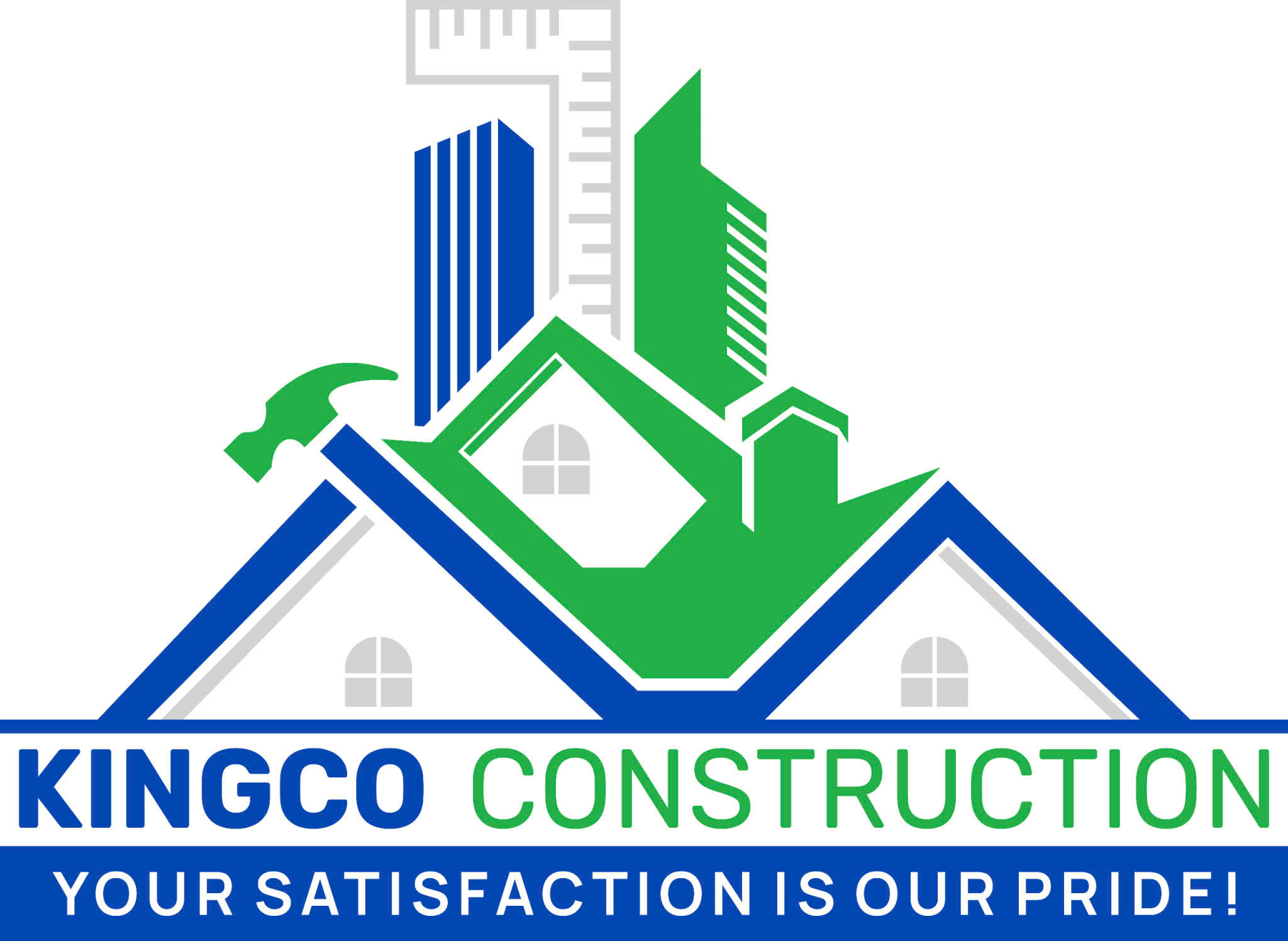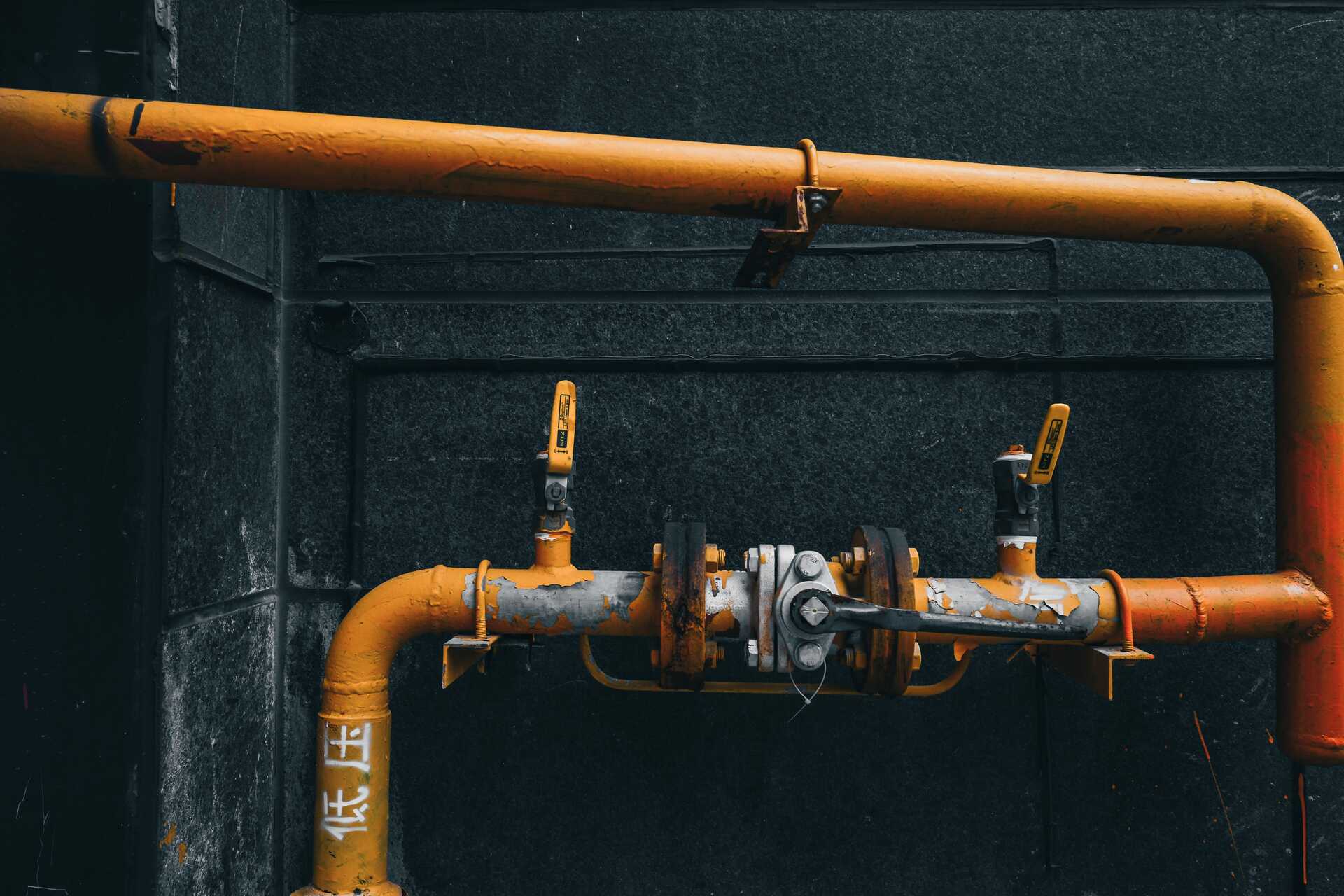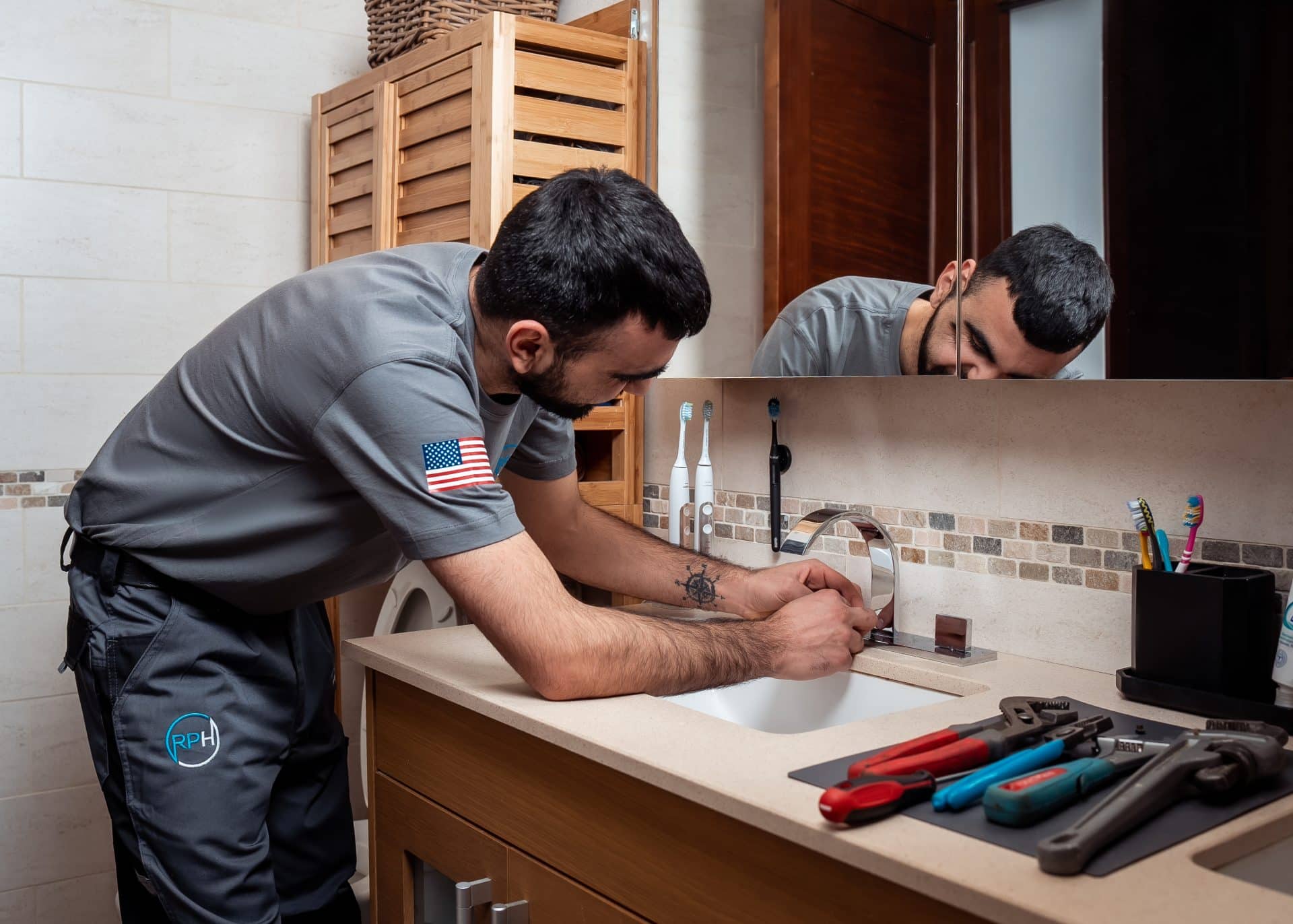As a homeowner, understanding basic plumbing tips can save you time, money, and potential headaches. By having a grasp of essential plumbing knowledge, you can handle minor issues, prevent major problems, and ensure the smooth functioning of your home’s plumbing system. In this blog post, we will share ten crucial plumbing tips that every homeowner should know.
Locate and Know Your Main Water Shut-Off Valve
Knowing the location of your main water shut-off valve is crucial in case of emergencies such as burst pipes or leaks. Familiarize yourself with its location and ensure it is easily accessible. Test the valve periodically to make sure it’s working properly.
Don’t Ignore Small Leaks
Even a small leak can lead to significant water damage over time. If you notice any leaks, whether it’s a dripping faucet or a small pipe leak, address it promptly. Ignoring leaks can result in higher water bills and potential structural damage.
Avoid Chemical Drain Cleaners
Chemical drain cleaners may seem like a quick fix for clogged drains, but they can cause damage to your pipes and harm the environment. Instead, opt for natural alternatives like a mixture of baking soda and vinegar or use a drain snake to clear the blockage.
Use Drain Strainers
Prevent clogs by using drain strainers in sinks, showers, and tubs. These inexpensive devices catch hair, food particles, and other debris, preventing them from entering the drain and causing blockages.
Be Mindful of What You Flush
Only flush toilet paper and human waste down the toilet. Avoid flushing items like wipes, feminine hygiene products, or cotton balls, as they can cause clogs and sewer line issues.
Be Careful with Garbage Disposal Usage
Feed your garbage disposal small amounts of food at a time and avoid putting fibrous or starchy foods, grease, or bones down the disposal. Running cold water for a few seconds before and after use helps flush out the debris.
Insulate Exposed Pipes in Cold Weather
To prevent frozen pipes during colder months, insulate exposed pipes in unheated areas like basements, garages, or crawl spaces. This insulation helps maintain the temperature and prevents pipes from freezing and potentially bursting.
Schedule Regular Plumbing Maintenance
Consider scheduling annual plumbing inspections and maintenance with a professional plumber. They can identify potential issues before they become major problems and ensure the optimal functioning of your plumbing system.
Learn How to Replace Basic Plumbing Fixtures
Knowing how to replace basic plumbing fixtures like faucets or showerheads can save you money on hiring a plumber for simple tasks. Many manufacturers provide step-by-step installation guides, and you can find helpful tutorials online.
Educate Your Household on Plumbing Best Practices
Lastly, educate your household members on proper plumbing practices. Teach them not to overload toilets, avoid pouring grease down drains, and be mindful of water usage. Creating awareness helps prevent plumbing mishaps and promotes a well-functioning system.
Conclusion
By following these ten essential plumbing tips, you can become a more knowledgeable homeowner and take better care of your plumbing system. Remember, if you encounter complex plumbing issues or require professional assistance, don’t hesitate to reach out to a licensed plumber. Taking proactive steps and being mindful of your plumbing can save you time, money, and unnecessary stress in the long run.




